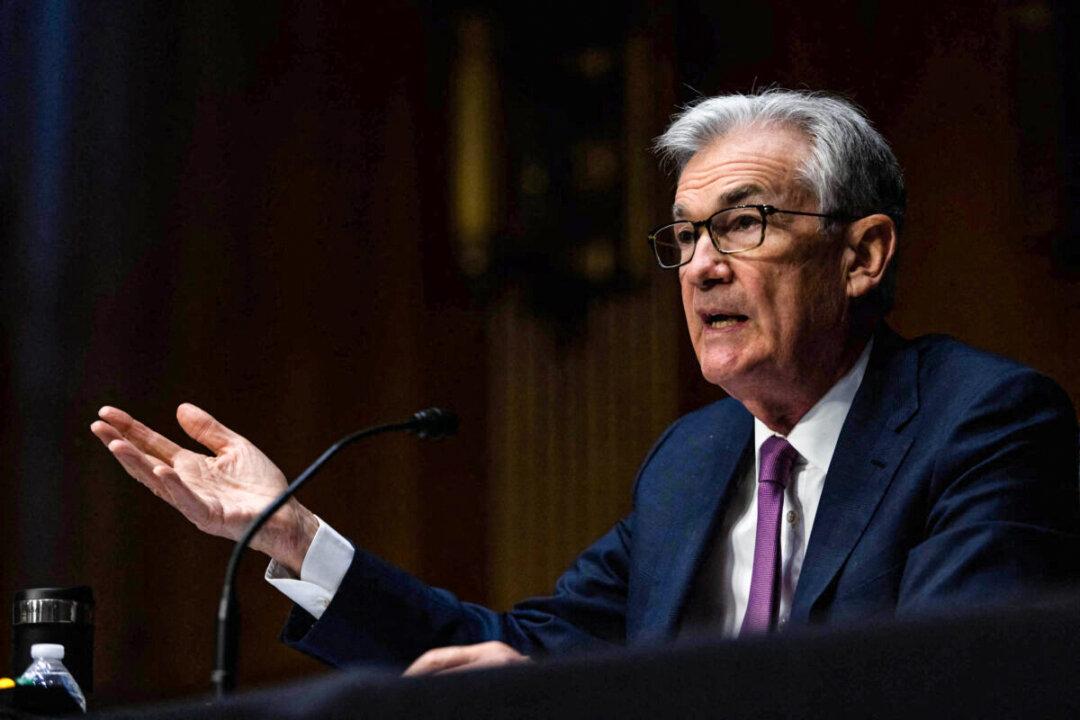Federal Reserve Chair Jerome Powell told Senate lawmakers on Jan. 11 that there’s nothing standing in the way for privately issued stablecoins to co-exist alongside a potential Fed central bank digital currency (CBDC).
During a hearing on Powell’s confirmation for a second term at the helm of the Fed, he was asked by Sen. Pat Toomey (R-Pa.) whether there was room for a potential Fed issued digital currency to exist alongside a privately issued stablecoin.





